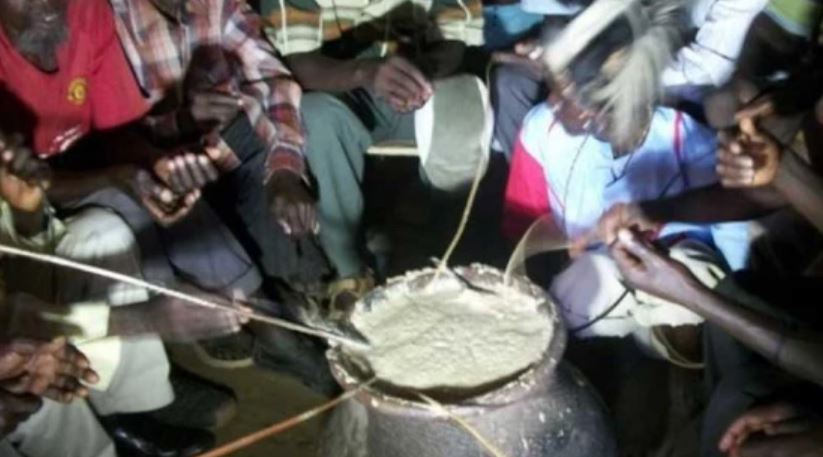 The Alcoholic Drinks (Amendment) Bill, 2024, currently under Senate review, is seeking to decriminalize traditional brews like Busaa, Muratina, and Mnazi.
The Alcoholic Drinks (Amendment) Bill, 2024, currently under Senate review, is seeking to decriminalize traditional brews like Busaa, Muratina, and Mnazi.
Nominated Senator Raphael Chimera introduced the Bill to amend the law that requires sellers of local brews to obtain a license.
One of the key proposals in the Bill is the elimination of the 250ml liquor bottle, replacing it with a minimum size of 750ml.
Senator Chimera believes this change will help curb alcoholism among the youth. By increasing the bottle size, he argues that alcohol will become less accessible, limiting consumption to social settings rather than being used as a coping mechanism.
Chimera explained that the shift to larger packaging would also discourage the production of cheap, low-quality alcohol, often sold in sachets or small bottles.
“The main reason we are limiting packaging to 750 ml is to dissuade many Kenyans from having access quotas and alcohol packaged in sachets and in smaller quantities so that it is not readily affordable so that a Kenyan who wants to enjoy alcohol will have access very safe and quality liquor.
“That is the idea around keeping it 750ml so that we are able to eradicate what we call Kayole industries that are known to imitate and produce many bottles of quotas and the likes into the market,” he said, referencing illegal manufacturers that flood the market with low-quality liquor.
Additionally, Chimera asserts that traditional brews pose minimal harm and are primarily used during special occasions in rural communities. He advocates for the removal of the licence requirement, allowing local brew businesses to operate freely without fear of arrest.
Citing examples from Uganda and Tanzania, where local drinks like Waragi and Konyagi are embraced, Chimera criticized Kenya’s approach.
He noted that the government’s campaigns against illicit brews have disproportionately impacted the youth and wiped out many traditional brands, stifling the local industry.








